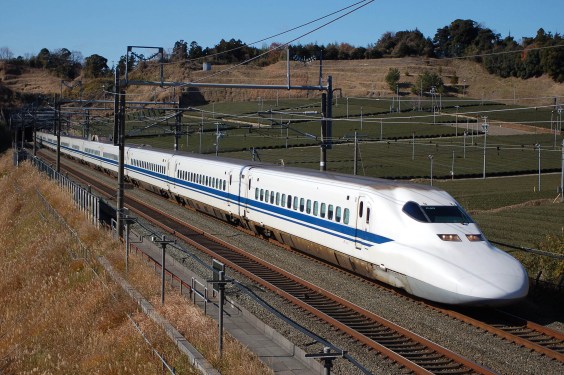As the Senate backs up the White House's push for an 18-month delay in approving a new federal infrastructure bill, one of its major arguments is that the economic stimulus law's $48 billion in transportation money would help tide the nation over until long-term legislation could be passed.
 (Image: CleanTechies Blog)
(Image: CleanTechies Blog)"The good news is
that when you add up this [18-month extension] we are passing ... and you add the stimulus funding of $30
billion that remains to be spent over the next 18 months, you get a 50
percent increase in funding for transportation," Senate environment committee chairman Barbara Boxer (D-CA) said in July.
But some in Washington's business lobby -- the crowd that wielded major influence during the Bush years and still holds sway in the Obama administration -- disagree with that assumption.
"The stimulus package will not carry us through," Jay Timmons, executive vice president at the National Association of Manufacturers (NAM), told reporters this afternoon. "It was merely a downpayment. In order to reap the benefits of the Recovery Act, we need to continue the investment."
Timmons, along with U.S. Chamber of Commerce president Tom Donohue and AAA vice president Kathleen Marvaso, spoke out to support House transportation committee chairman Jim Oberstar's (D-MN) plan for a three-month delay in crafting the next long-term bill, rather than the Senate's preferred 18-month postponement.
The business groups' argument was simple: when the White House is heavily invested in getting the country back on a strong economic footing, it would be self-sabotage to delay a new transportation bill for too long.
"We can't have the economy we want with the transportation system we have," Marvaso said. "Transportation funding should not be considered a luxury."
The $48 billion in transportation stimulus aid -- just $8.4 billion of which went to transit -- comprises just six percent of the total package's $787 billion price tag. To help pay for more infrastructure investment, NAM and the Chamber have offered to get behind an increase in the federal gas tax; Donohue was reluctant to mention what size hike he was endorsing, but he said that "a penny is a waste of time" and "40 cents [per gallon] is a big bite."
But the devil is in the details for the business lobby's gas tax advocacy. Both Timmons and American Trucking Association chief Bill Graves said their support would depend on how much Oberstar's new transportation bill focused on their core priorities (read: more money for roads).
And with the Chamber undercutting its own members' climate change efforts by mounting an occasionally bizarre campaign against the House climate bill, it's far from clear that the group would support Oberstar's proposal for a minor increase in transit's share of federal funding. The business lobby is certainly stepping on the Senate's transportation message, but that may be all it can get done before the extension battle comes to a close next week.





